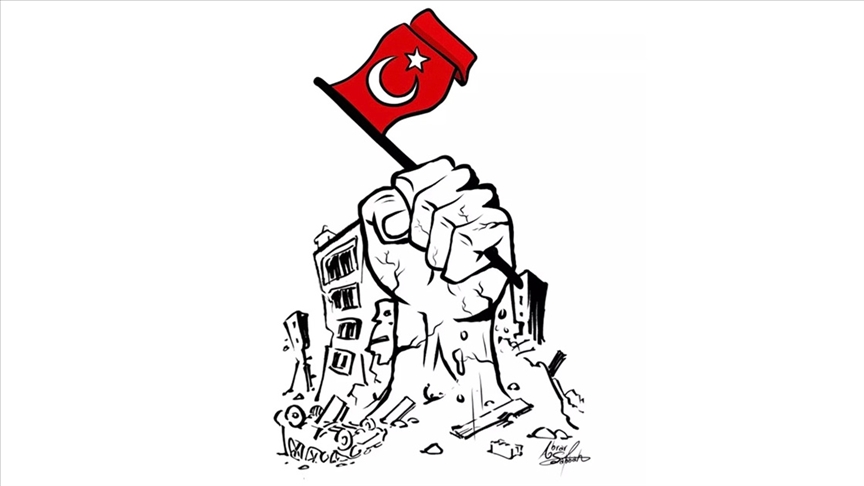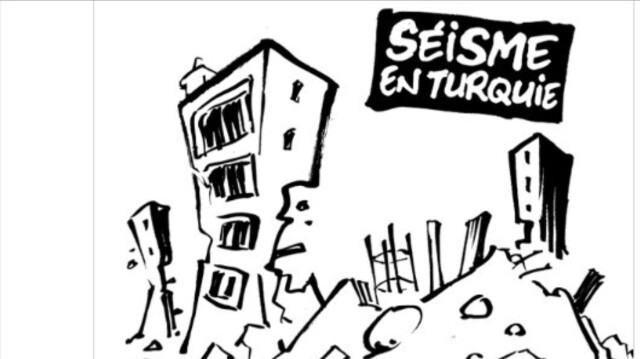Khaybar was a significant trade and agriculture center which stretched through the vast valley that was 180 km north of Medina on the Medina-Syria road; it was a place where many Jews resided. After the treaty of Hudaibiyah, Prophet Muhammad (pbuh) began to take into consideration the risk that Khaybar constituted for the Muslims. After having been expelled from Medina, the Banu Nadir Jews settled in Khaybar along with other Jews, and began to act with animosity towards Medina, forming an alliance with some of the Arab tribes in addition to the Meccan mushriks. The Battle of the Trench was the last of such activities. Shortly after returning back from Hudaibiyah, Prophet Muhammad (pbuh) decided to attack Khaybar and left Medina with a force of 1,600 men, 200 of which were cavalry (or 1,500 men 300 of which were cavalry) (end of Muharram 7/June 628). The people of Khaybar received information about this plan and began to make preparations. According to the accounts they had 20,000, or at least 10,000 warriors. They also had a defensive advantage with their solid fortresses and they had an abundance of weapons. The siege continued for almost a month with fierce battles occurring from time to time. As a result of the siege, four of the seven fortified fortresses were captured in battles, with the other three being taken through peaceful means. Ali and the Muslims exhibited great courage in the capture of Kamus, the greatest fortress in Khaybar. During the capture of this fortress, ninety-three Jews died, whereas the number Muslim martyrs ranged from 15 to 20.
During the battle, many Jews were taken prisoner, including warriors, women and children. As stated by Muhammad Hamidullah, if the ruling had been carried out in accordance with the Torah, all the adult men would have been executed by the sword and the women and children would have become slaves. However, Prophet Muhammad (pbuh) spared the lives of all the Jews and gave them permission to leave the city. In return for this, they asked permission to work in their fields where a considerable amount of dates were cultivated. Prophet Muhammad (pbuh) accepted this proposal. After Khaybar, he made similar agreements with the people of Wadilqura and Fadaq.
In Khaybar, a large number of animals, household goods and jewelry were impounded. This property constituted one of the greatest treasures of the period of Prophet Muhammad (pbuh) in terms of number, variety and value. There are various accounts within the sources as to the distribution and the amount of movable and immovable assets. Among this treasure were copies of the Torah which were returned to their owners by Prophet Muhammad (pbuh).
During the siege, a black shepherd, a slave of a Khaybari Jew came to Prophet Muhammad (pbuh) and acquired information about Islam, taking the oath of faith and deciding to fight alongside the Muslims. As the sheep in his herd had been entrusted to his custody, the shepherd asked Prophet Muhammad (pbuh) what he should do with the sheep. Upon this, Prophet Muhammad (pbuh) stated that Islam commanded compliance with a trust and ordered him to herd the sheep to the fortress of their owner. The shepherd, whose name is recorded as Yasar did what Prophet Muhammad (pbuh) had told him and after ensuring that the sheep had entered the fortress he returned and fought alongside the Muslims. After a while he was martyred. Prophet Muhammad (pbuh) approached the martyr and told his companions that Yasar was a person of heaven. Thus, the shepherd who had acquired a martyr status without even performing a single prayer has been engraved on the memories of Muslims.
During the conquest of Khaybar, Zaynab bint Harith, the wife of Sallam ibn Mishkam one of the Jewish leaders, sacrificed a sheep and invited Prophet Muhammad (pbuh) to a feast. Yet her real intention was to poison the Prophet. Prophet Muhammad (pbuh) took Bishr ibn Bara with him and attended this feast. But he understood that the meal had been poisoned and removed a morsel from his mouth before swallowing it. Bishr ibn Bara on the other hand died because of the poison.
Prophet Muhammad (pbuh) freed Safiyya, the daughter of Huyay ibn Ahtab, a Jewish leader among the Khaybar captives, and took her as his wife.
Subscribe to:
Post Comments (Atom)









No comments:
Post a Comment